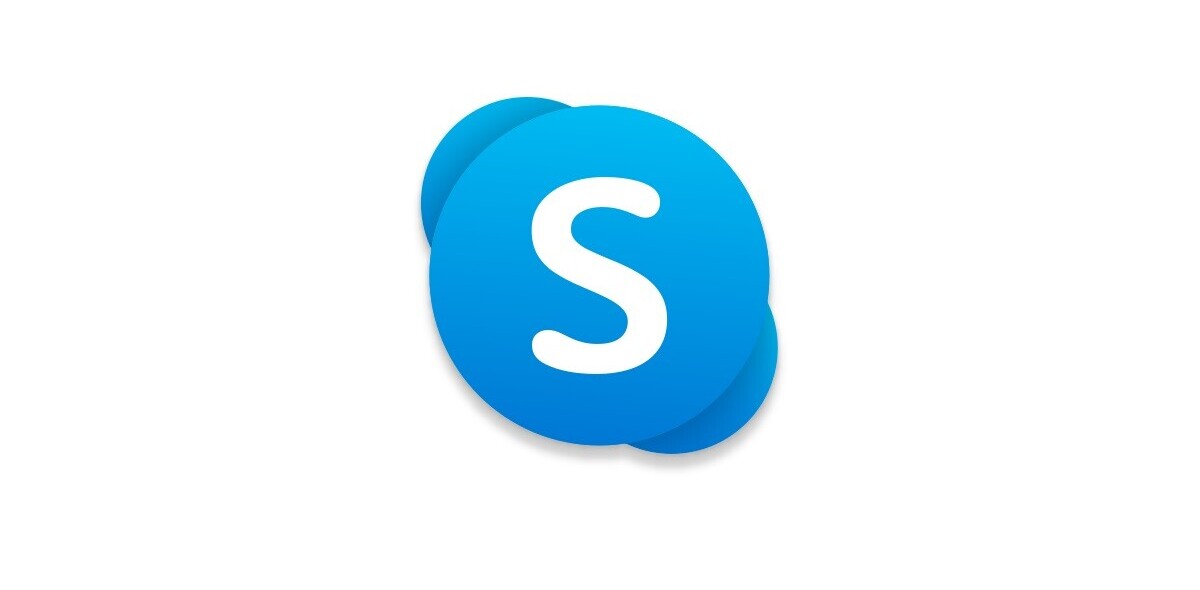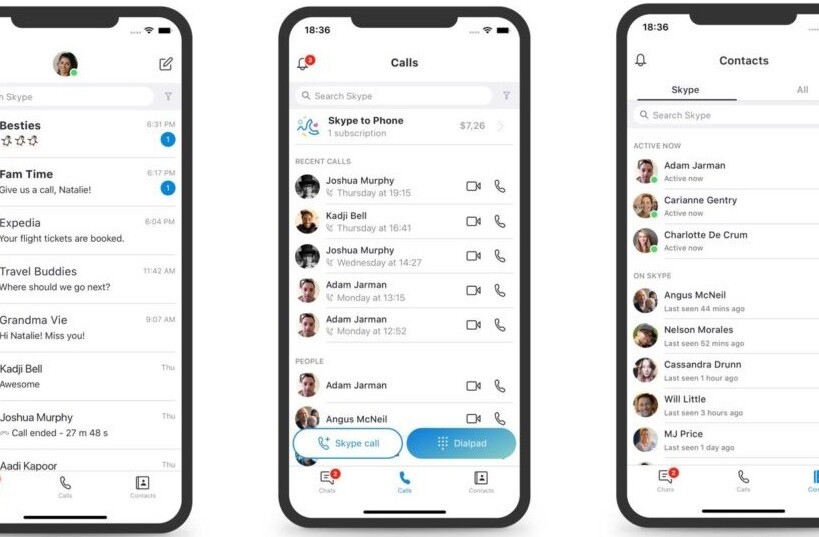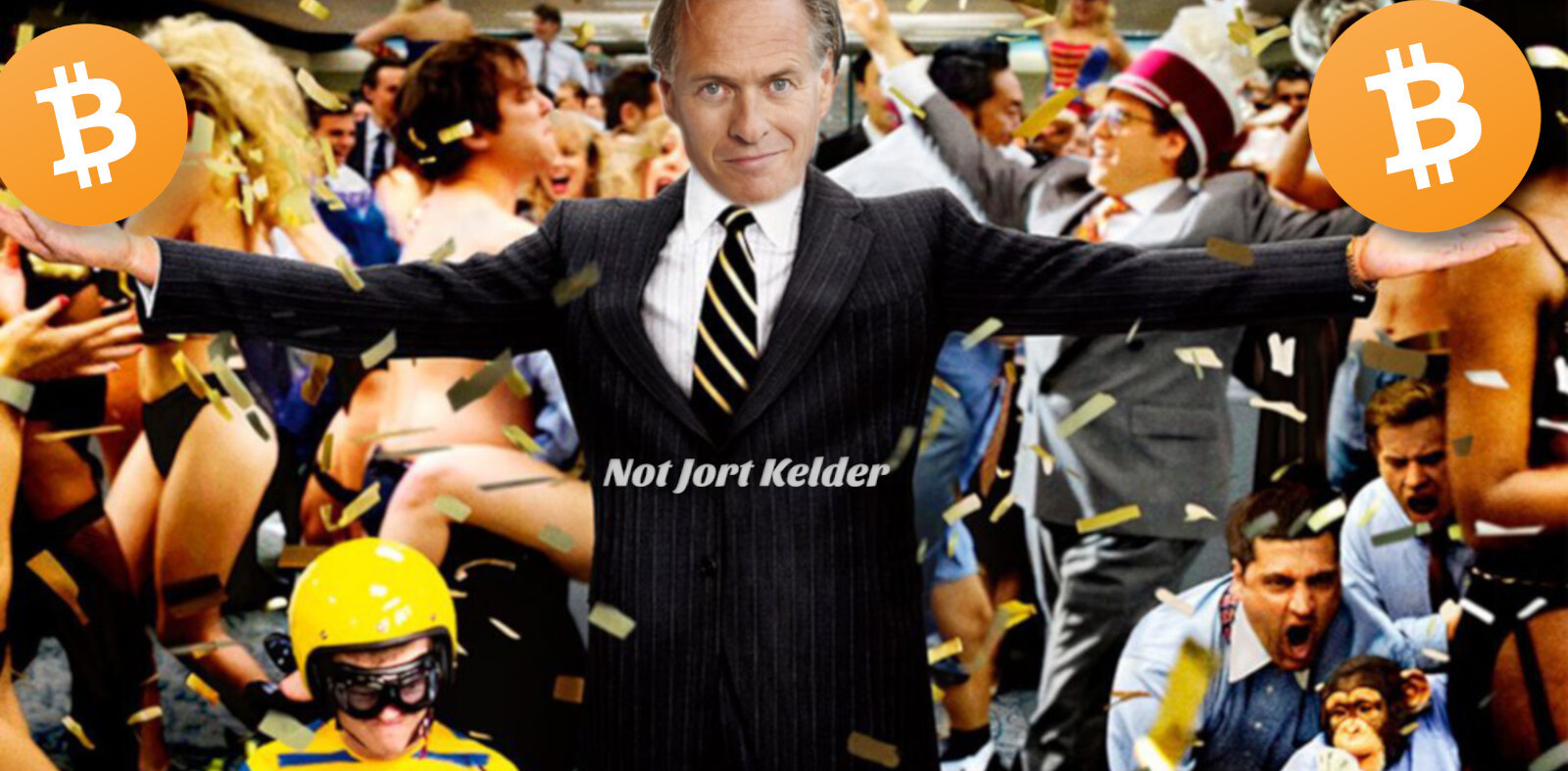
As the Microsoft/Skype deal finally came to fruition, it’s worth taking a look at how Skype went from being a Northern European startup to an $8bn global behemoth.
In the beginning…
Using software created by three Estonian Developers, Skype was launched as a company in 2003 by Swede Niklas Zennström and Dane Janus Friis. This was this same entrepreneurial/development team that was responsible for Kazaa, the peer-to-peer file sharing application.
eBay and Skype: an unlikely alliance
It was two years after launch, in October 2005, that Skype shook off its skinny startup status and was at the centre of a whopping $2.5bn buyout from eBay, paid half in cash and half in shares.
With companies such as Google, Microsoft, Yahoo! and AOL also sniffing around a possible Skype takeover bid, eBay was perhaps the most unlikely buyer. Indeed, eBay and Skype were somewhat of an odd couple to begin with – were consumers ever likely to want to speak with strangers they were trading with on the auction website? Not likely – and if they were to chat, sellers would no doubt spend most of their time glued to their Skype headset, steadfastly refusing to send their computer to Nigeria and receive payment via some elaborate money transfer system.
But alas, the sale did go through and eBay owned Skype.
Microsoft bought the wrong company…
This was also a particularly notable period for Microsoft, given that it bought one of Skype’s early competitors. Teleo was bought by Microsoft in August of 2005, and with today’s deal with Skype now signed and sealed, it’s evident that Microsoft has taken six years to realise it bought the wrong company back in 2005. Better late than never, I suppose, but it has cost it three times the amount it would’ve cost them back then.
eBay cuts its losses…but makes a profit
Needless to say, the eBay takeover didn’t go according to plan and four years later, in August 2009, eBay cut its losses (it took a $936m one-time loss) and sold the majority of Skype to an investment group for $2bn. It made a loss of about $1bn (give or take…), given that it had ended up paying over $3bn for Skype, once you factor in a $530m payout to the company’s founders. Probably just as well eBay kept around a third shareholding in Skype, as that means it now stands to return a profit from its initial investment.
Shrewd investment
Whilst the investment group that bought the lion’s share of Skype back in 2009 came in for some criticism, hindsight tells us that Silver Lake, Andreessen Horowitz and the Canada Pension Plan Investment Board (CPPIB) probably knew what they were doing, as they have more than doubled their investment in the past eighteen months and will walk away with something in the region of $4.5bn.
Ben Horowitz, a member of the investment group, today reported some of his reasons for buying Skype from eBay, and you can’t argue with his reasoning.
The investors looked at why Skype was successful, and it transpired that the core engineering team that had been with Skype from the beginning was still on board, plugging away. And by settling an IP litigation case with founders Niklas and Janus, the company had two dedicated and inspirational leaders who knew what Skype was all about and why people liked it.
When many companies are acquired, the original technical, creative and entrepreneurial talent often leave with their pockets lined and retire or start new projects. And that’s why many acquired companies struggle to sustain success.
Skype has shown that it’s a force to be reckoned with and it has fought off numerous attempts from competing platforms. Google Talk was launched around 2005 as a Skype competitor and, whilst it does have a lot of users, Skype has gone from strength to strength, securing 170 million users, 30 million of whom are online at any one time. A whopping 209 billion voice and video minutes were used on Skype last year.
And then Apple released Facetime for the iPhone, the default mobile video calling application. Horowitz points out that since then, 50 million people have downloaded the Skype iPhone app.
Healthier than ever…but it’s still not making money
So Skype has embraced the mobile revolution, survived a number of takeovers and is looking healthier than ever, a fact not lost in the $8.5bn fee Microsoft paid to own Skype. And all this before we even discuss Facebook, which if you remember went into cahoots with Skype in September, with a number of key features now shared between the two platforms.
But Skype is only healthy when you consider its user-base – the $8.5bn selling price may seem a little hefty when you consider that Skype made a $7m loss last year, despite revenues of $860m.
Robert Scoble, the former Microsoft man and high-profile blogger, tweeted today:
“It’s ironic for me to see Microsoft buying Skype. When I worked there execs told me it didn’t have enough business value to buy.”
And so it’s easy to see why many will wonder whether Microsoft has just made a very costly mistake. But with 13% of the international call market in 2010, and such a massive user-base, it really is all about how Microsoft integrates Skype into the bigger picture. Microsoft will have to work hard if its to see a retun on its investment, but it can be done.
More details are emerging about the Microsoft/Skype deal as I write, so brace yourself for more major announcements over the rest of today and the rest of the week.
Get the TNW newsletter
Get the most important tech news in your inbox each week.




